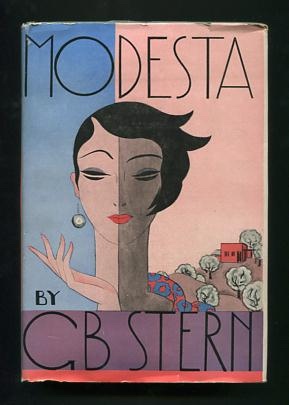
Village in August
$350.00 USD • Used
[nice clean copy with minimal wear, vintage bookseller's label on rear pastedown (Larry Edmund's [sic] Book Shop, Hollywood), small ownership signature of film director Vincent Sherman on ffep; ja...
Store: ReadInk [View Items]
[nice clean copy with minimal wear, vintage bookseller's label on rear pastedown (Larry Edmund's [sic] Book Shop, Hollywood), small ownership signature of film director Vincent Sherman on ffep; jacket is edgeworn (especially along front hinge), with various nicks and tears and minor creasing, some paper loss at top of spine]. "China's Great War Novel," screams the cover blurb, with the book given the additional imprimatur of an introduction by Edgar Snow, probably the most widely-known "China expert" of his day. Snow states that the book was "the first contemporary Chinese novel to be translated into the English language" (I have no idea if this is accurate or not), and describes it as "a simple story without much plot. It tells how the people of Manchuria, relying upon their own wits and resources alone, organized and armed themselves and in their wrath fought back against the Japanese invaders and their own puppet officials." The "author-soldier," according to a biographical sketch that he supplied to Snow (who never met him in person) had served in the Chinese army for six years and had also been a "vagabond-tramp, a secretary, an apprentice to a professional boxer, a waiter, a millstone pusher in a bean-curd shop, and whatnot" before beginning his literary career in earnest in the early 1930s; he had written other novels and short stories, but this book was his big hit. According to Snow (who seemingly mis-dates the original 1937 publication date as 1935), "there is scarcely an educated youth in China who has not heard of [the book] and every wide-awake one has read it. Thousands of soliders have seen it dramatized in the living theater which has grown out of the war. I was in Peking when the novel appeared, and suddenly every student I knew was talking of it. The book was handed around surreptitiously, for the government, not wishing to offend the Japanese, had banned it." (This is more or less consistent with the account on Xiao Jun's Wikipedia page, which states that "he published the novel illegally and out of his own pocket.") Also per Wikipedia, the author "is considered one of the most representative authors of the left-wing Northeast Authors Group." He had a rough time of it later on in his life, however, forced to abandon his writing after being declared a "rightist" by the Chinese Communist Party, and subsequently imprisoned during the Cultural Revolution. (An interesting side-note has to do with the uncredited translator. As Snow explains in his introduction: "I wish it were possible to tell here something about the American scholar who made this extraordinarily fine translation. Unfortunately such credit will have to be given later, because the translator is at present interned in a city occupied by the Japanese.") The first edition of the book is remarkably scarce, although the cheap-ass World Publishing reprint is common.
Product Info
Publisher: Smith & Durrell
Year: (c.1942)
Type: Used
Binding: Hardcover
First Edition
Seller Info
ReadInk
Address: 2261 West 21st St. Los Angeles, California
Website: https://www.readinkbooks.com
Country: United States


